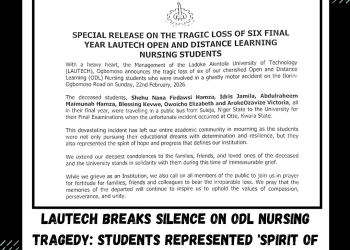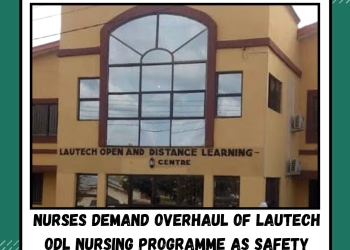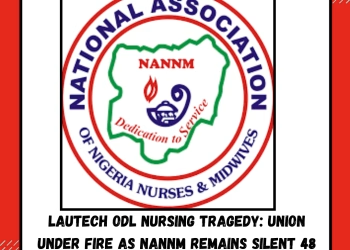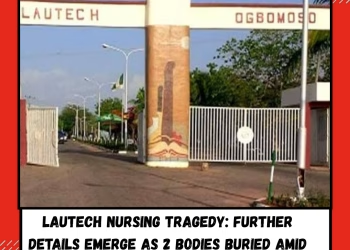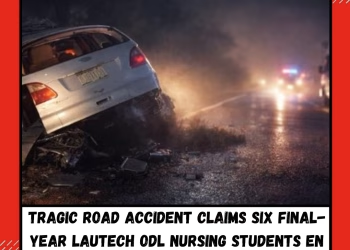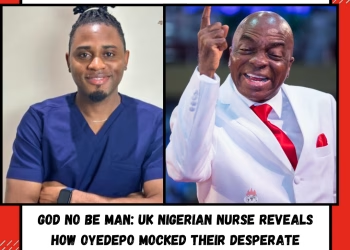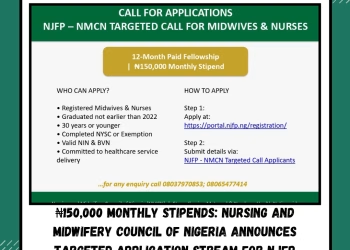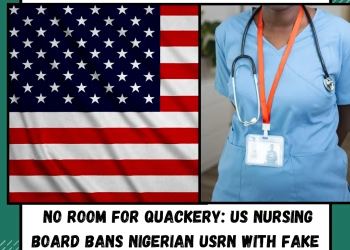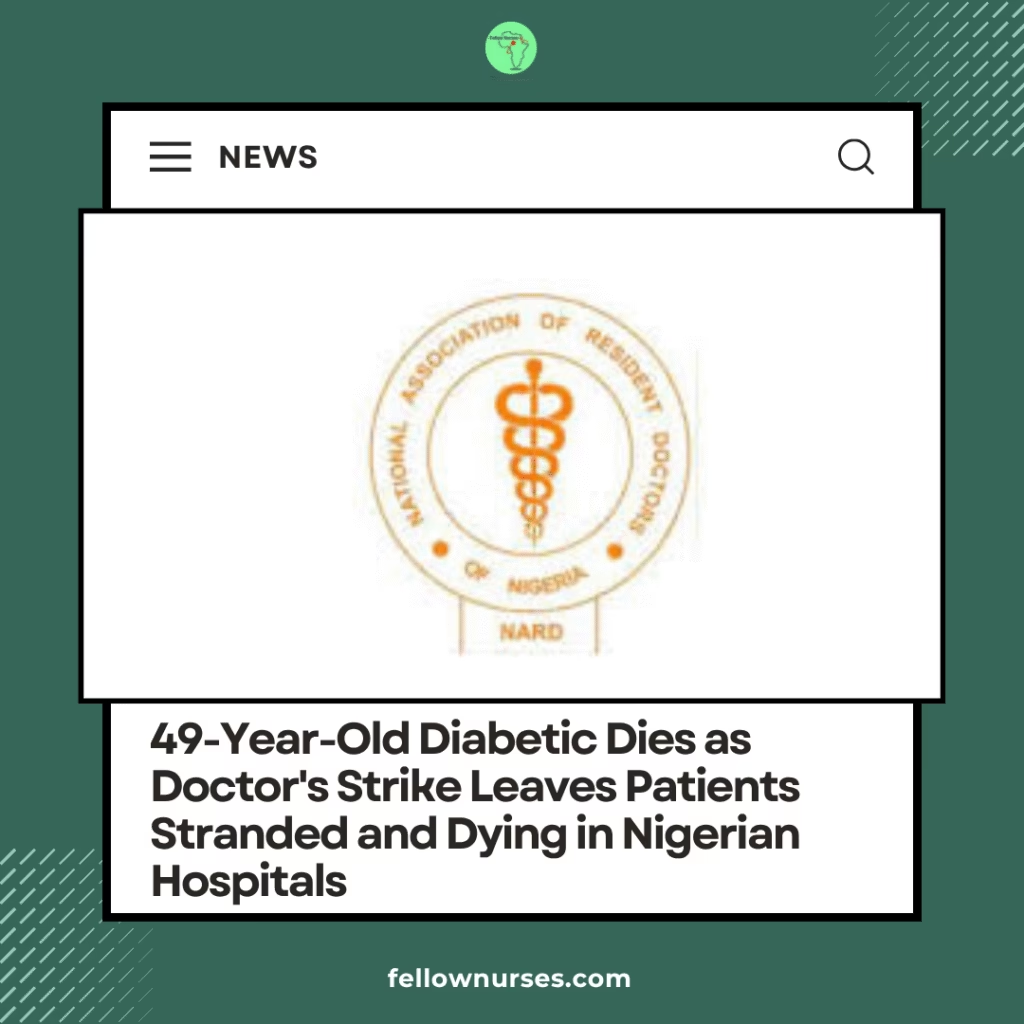
As the Nigerian Association of Resident Doctors (NARD) strike stretches into its 17th day, the human cost is mounting fast. A 49-year-old diabetic man lost his life yesterday after doctors refused to treat him, citing the ongoing action. Turned away twice—once conscious, then unconscious 12 hours later—he was buried the same day. This tragic story, shared widely on social media, echoes the cries of countless families left helpless in a crumbling healthcare system.
A Father’s Final Hours: Refused Care Twice
Kenny, a user on X (formerly Twitter), posted a gut-wrenching account just hours ago: “A friend lost a 49-year-old man yesterday. He is diabetic and the doctor managing his case refused to attend to him in the name of strike. 12 hours later, he was unconscious and rushed back to the hospital and was rejected again. He was buried yesterday. PATHETIC.”
This isn’t an isolated incident. In Abuja’s Aminu Kano Teaching Hospital (AKTH), a malnourished neonate with critically low oxygen levels (SpO2 at 32%) was rejected due to the strike and bed shortages. State pediatric hospitals offered no refuge either. These stories highlight a dire reality: emergencies are being dismissed, and vulnerable patients—diabetics, newborns, the elderly—are paying with their lives.
Across Nigeria, public hospitals stand eerily quiet. Wards empty out, surgeries cancel, and outpatient queues dissolve into despair. Parents clutch postponed appointment slips, while chronic patients like the late 49-year-old watch their conditions spiral without intervention.
The Strike’s Grip: 17 Days of Paralysis
NARD kicked off the indefinite strike on November 1, 2025, after the federal government ignored a 30-day ultimatum. Demands include clearing ₦48 billion in unpaid salaries and allowances, better working conditions, and an end to staffing shortages that leave doctors overworked and underpaid. The union’s 19-point list covers everything from promotion delays to the exodus of over 15,000 doctors abroad this year alone.
Now, JOHESU—the Joint Health Sector Unions—has joined in, issuing a 15-day ultimatum that threatens total shutdown. Mortuaries overflow, private clinics swell with desperate referrals, and the poor bear the brunt. In Lagos and Abuja, patients lament endless waits and forced discharges, with one parent telling reporters: “Why are we being treated like this in this country?”
NARD insists the action is for “dignity, safety, and survival”, not against patients, but for a system where doctors aren’t ghosts in their own hospitals. Yet, as one X user noted, “Our silence is highly disturbing. We’re in trouble.”
Government Response: Promises Amid the Pain
Health Minister Muhammad Pate has appealed for calm, claiming 74% patient satisfaction and ₦31.9 billion released for arrears. But NARD calls this “fiction detached from reality.” President Tinubu ordered a return to work on November 4, yet the strike persists. Over 20,000 health workers have been recruited, and insurance coverage hit 12%, but critics say it’s too little, too late.
Nigeria’s doctor-to-patient ratio, 1:10,000, dwarfs the WHO’s 1:600 ideal. Strikes like this erode trust, drive more japa (emigration), and cost lives. As the NMA South-South caucus backed NARD this week, they urged: “Declare a state of emergency in health.”
A Call to Action: Voices Rising, But Not Enough
Social media erupts with pleas. Naija4All tagged influencers: “@nard_nigeria strike is not looking good… Millions are dying… pls use ur platform to speak out.” Hamza warned: “17 days of NARD strike. Our silence is highly disturbing.”
Nurses, the backbone holding wards together, feel the squeeze too. Overloaded and under-resourced, they witness the fallout daily. For African healthcare workers, this is a stark reminder: fair pay and safe conditions aren’t luxuries, they’re lifelines.
Fellow Nurses Africa is the independent voice of African nursing. We educate, inform and support nurses across Africa.

